Most cat owners are familiar with the dreaded cat hairball. While they may seem minor, hairballs can be severe for cats. So keep reading to find out everything you need about cat hairballs!
This article will discuss what hairballs in cats are, what causes them, and how to prevent your cat from getting them. We will also cover treatment options and home remedies in case of an obstruction.
What Is A Cat Hairball?
A hairball is a small, round mass of hair that forms in a cat’s stomach. Hairballs in cats are usually about the size of a marble or ping-pong ball and are covered in saliva.
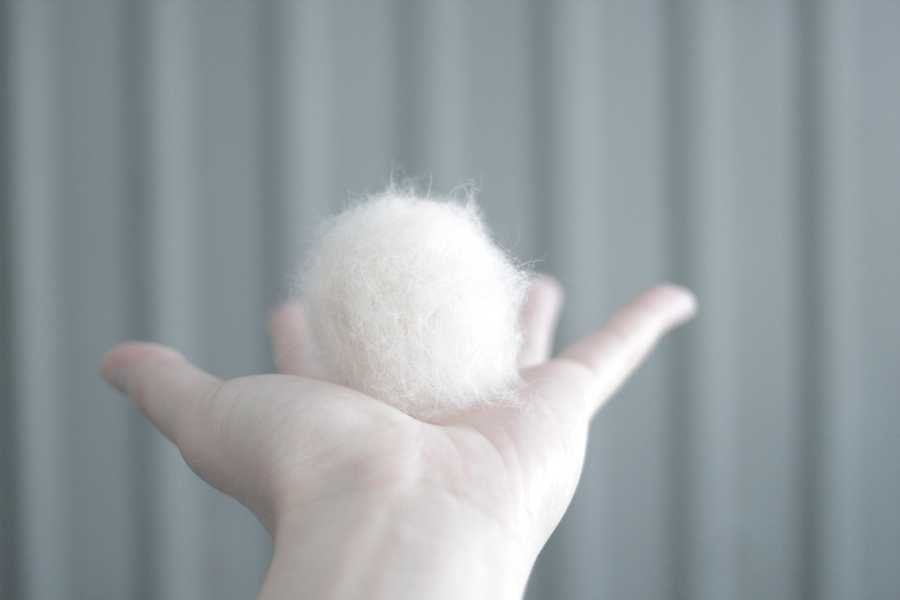
What Causes Cat Hairballs?
The leading cause of hairballs in cats is excessive grooming. Cats groom themselves by licking their fur, which can ingest large amounts of hair.
The hair then accumulates in the stomach and forms a hard ball. Certain breeds of cats, such as Persians and Maine Coons, are more prone to hairballs in cats due to their long fur.
Cat owners can help reduce the risk of hairballs by brushing their cats regularly.
Cat Hairball Symptoms
The most common symptom of a hairball is vomiting. Your cat may hack up a hairball with little warning or retch for several minutes before expelling the hairball.
In some cases, cats will digest the hair, and pass it through their digestive system without causing any problems.
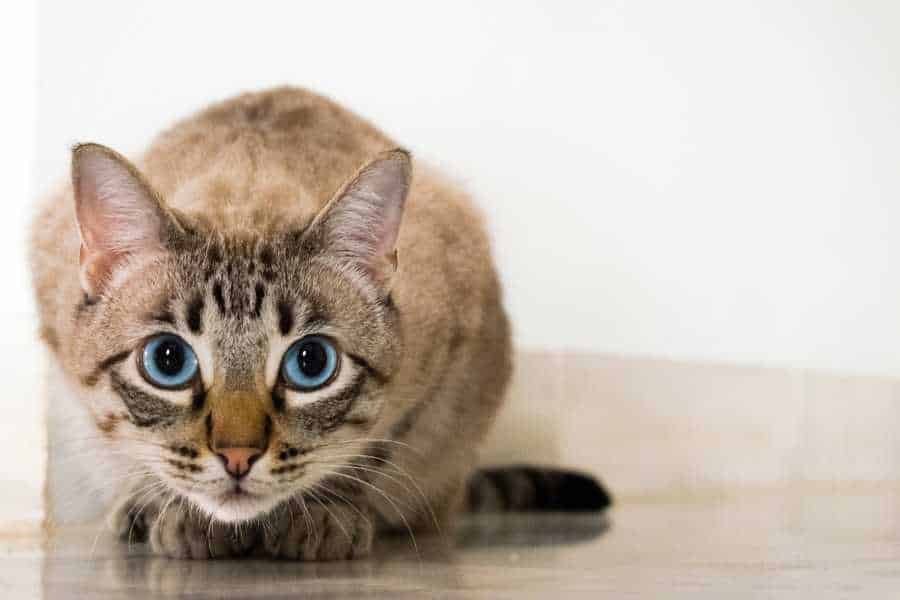
However, if a hairball gets stuck in the stomach or intestines, it can cause an obstruction. Cat hairballs can also cause weight loss, lethargy, and appetite loss.
Are Cat Hairballs Normal?
Yes, cat hairballs are a normal part of feline life. Most cats will experience hairballs at some point in their lives, especially if they have long fur.
There’s no need to panic if your cat hacks up a hairball from time to time. While it may not be pleasant for you to deal with, it is actually a normal and healthy part of being a cat.
However, some of the excess hair can get stuck in the stomach, leading to the formation of a hairball. When a hairball gets too big, cats usually vomit or have difficulty breathing.
For this reason, it’s important to keep an eye on your cat’s grooming habits and make sure they’re healthy.
How often do cats have hairballs?
There is no definitive answer to this question as it varies from cat to cat. Some cats may vomit up a hairball once a week, while others may only experience them sporadically.
Are Certain Cats More Prone to Hairballs?
When it comes to hairballs, long-haired cats are definitely more prone than their short-haired cousins. That’s because their long fur is more likely to become matted and tangled, which can lead to hairballs. In addition, long-haired cats groom themselves more often, which means they’re ingesting more fur.
Fortunately, there are a few things you can do to help reduce the risk of hairballs in long-haired cats. First, make sure to brush them regularly to prevent their fur from becoming matted. Second, feed them a diet that’s high in fiber, which will help move hair through their digestive system. And finally, give them access to plenty of fresh water, which will help keep their fur hydrated and prevent matting. By taking these steps, you can prevent hairballs in your long-haired cat.
How To Prevent Your Cat From Having Hairballs?
The best way to prevent having cat hairballs is to groom them regularly. This will help remove excess fur before it can be ingested. You can also give your cat a specialized “hairball formula” food designed to reduce the amount of hair in the stomach.
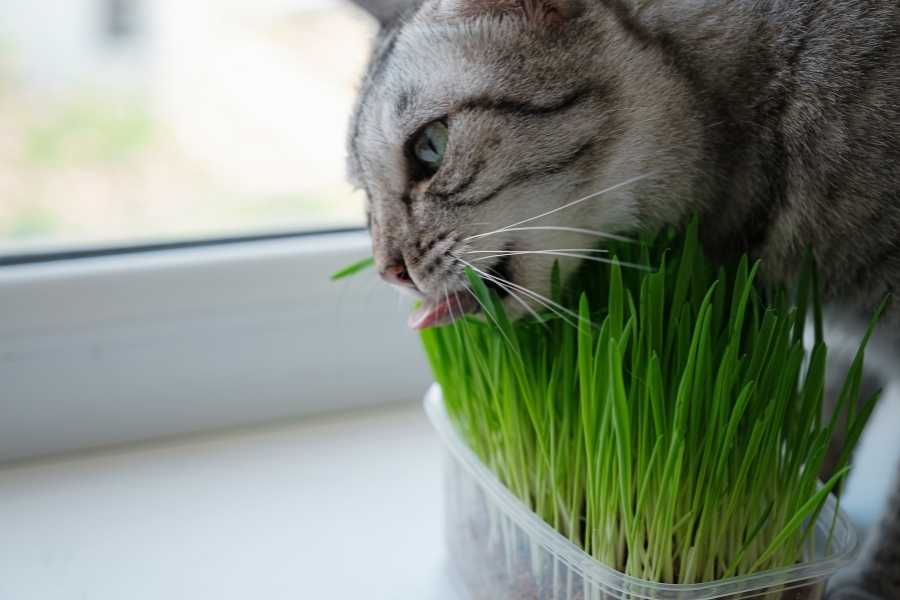
Hairball treatment for cats
If your cat is experiencing hairballs frequently, there are a few treatment options available. Your vet may recommend a lubricant or laxative to lubricate the digestive tract and make hairballs simpler to pass through. You can also give your cat a specialized “hairball formula” food designed to reduce the amount of hair in the stomach.
Hairball Remedies
A few home remedies may help reduce the frequency of hairballs in your cat.
Groom your cat regularly
You need to know that grooming is essential to caring for your pet. Not only does it help to keep them clean and looking their best, but it also helps to remove loose hair and prevent matting.
Furthermore, regular grooming can reduce Shedding in cats, thus making your home less likely to be covered in fur. While cats are generally good at grooming themselves, they still need a little help from their owners.
Brush your cat’s coat once a week at the very least with a soft brush or comb. Be sure to avoid the sensitive areas around the face and paws. This truly is the best way to prevent hairballs but it is crucial to do it regularly. This helps to remove loose fur before it has a chance to be ingested.
In addition, trim your cat’s nails every few weeks and wipe their eyes and ears to remove any dirt or debris using a wet cloth. Taking care of your cat’s grooming needs will help them stay healthy and happy for years.
Provide your cat with “hairball formula” cat food
One of the less appealing parts of cat ownership is dealing with hairballs. Fortunately, you can do a few things to help reduce the number of hairballs your cat produces.
One such measure is to give them a specialized “hairball formula” for cat food. This type of food is high in fiber and helps to break down hair in the digestive system.
As a result, your cat will produce fewer hairballs and be less likely to develop an intestinal blockage.
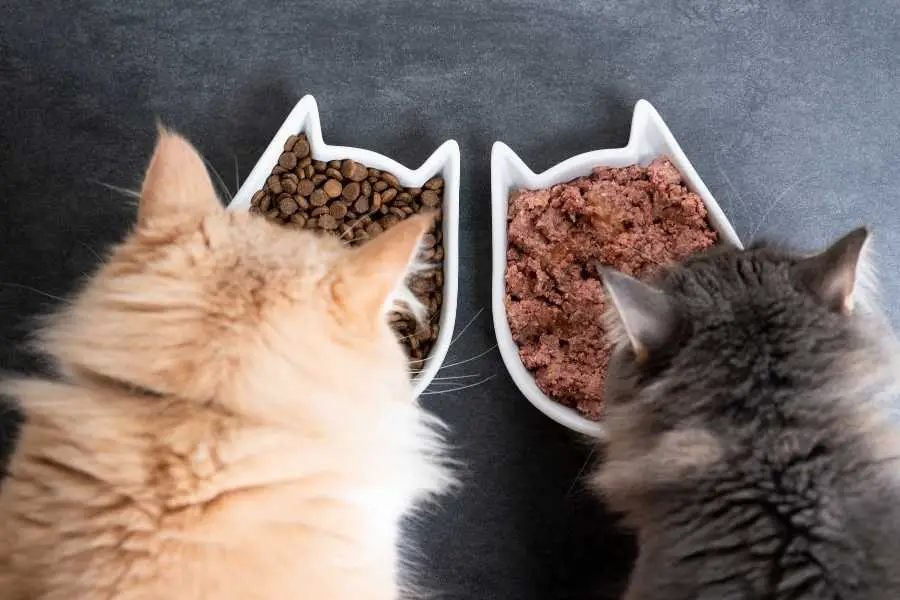
And if your cat produces a hairball, several commercial products are available that can help reduce the size and frequency of hairballs.
By taking these measures, you can help keep your cat healthy and free from the discomfort of hairballs.
Use a hairball product or laxative
Cats are fastidious groomers who spend a large portion of their day licking their fur. While this keeps them clean, it can also lead to the formation of hairballs.
If your cat is already having trouble with hairballs, there are several products on the market that can help.
Hairball products typically contain lubricants that help the fur pass through the digestive system without forming into a ball.
For cats prone to hairballs, your veterinarian may recommend regularly giving a laxative.
By taking some simple precautions, you can help your cat avoid the discomfort of hairballs.
Discourage excessive grooming
Some cats groom themselves excessively, which can lead to hairballs.
You can also try discouraging grooming by providing your cat with plenty of toys and scratching posts.
Home Hairball Remedies to Avoid
There are a few home remedies that you should avoid when dealing with hairballs.
First, do not give your cat any human laxatives, as they can be toxic to cats.
Second, do not give your cat any petroleum jelly, as it can cause vomiting.
Finally, do not give your cat any homeopathic remedies, as they have not proven effective.
Hairball Medicine for Cats
There are a few different types of hairball medicine available for cats. The most common type is a lubricant or laxative, which can help hairballs pass through the digestive tract.
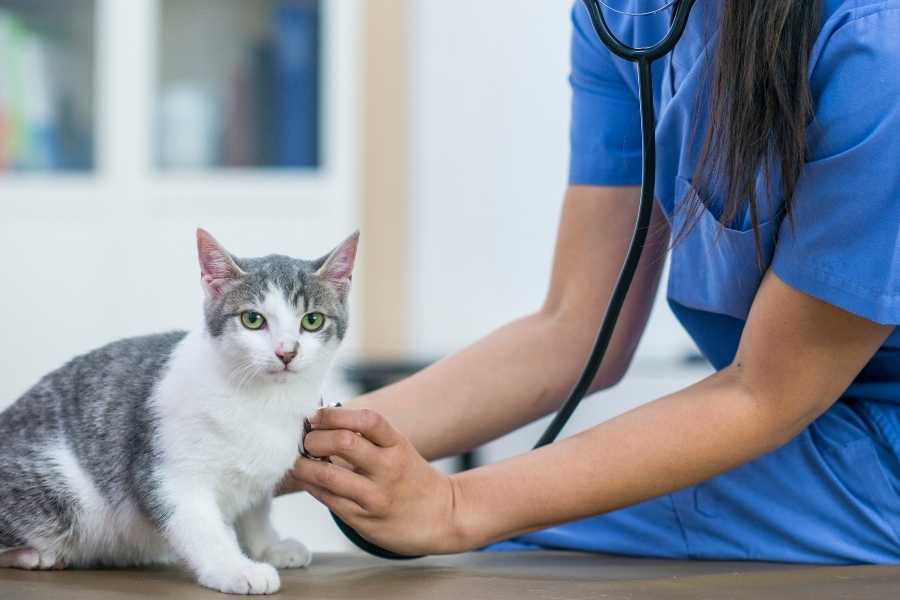
You can also give your cat a specialized “hairball formula” cat food, designed to reduce the amount of hair in the stomach.
Are There Other Things that Mimic Hairballs?
A few other things can mimic hairballs, such as vomiting due to an underlying health condition. If your cat frequently vomits, you should take them to the vet to determine other potential causes.
The Danger of Hairballs
Hairballs can be dangerous for your cat if they cannot bring them up. If the hairball gets stuck in your cat’s stomach, it can cause an obstruction.
This serious condition can lead to vomiting, loss of appetite, weight loss, and dehydration. If you think your cat may have an obstruction, it is important to take them to the vet immediately.
Hazardous Potential
Hairballs can also be dangerous for you and your family. If you have a pet prone to hairballs, it is essential to clean up after them immediately. Hairballs can contain bacteria that can cause infections in humans.
Relieving the Obstruction
If your cat has an obstruction, you can do a few things to help. The first thing you should do is take them to the vet immediately.
If the obstruction is small, your vet may be able to remove it manually. If the obstacle is significant, your cat may need surgery to remove it.
When Should I be Concerned?
If you think your cat may have a hairball but is not showing any of the common symptoms, it’s always best to take precautions and take them to a vet.
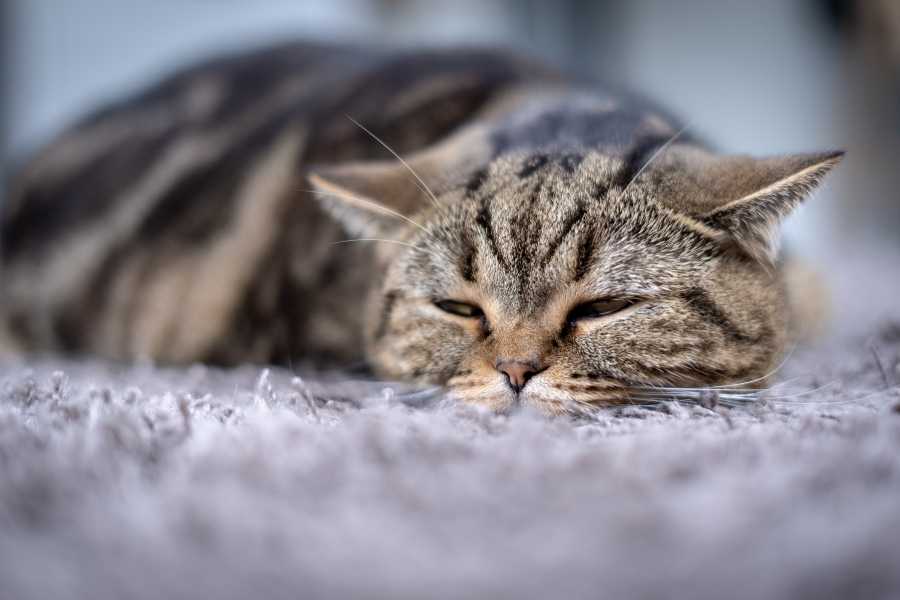
This is especially important if your cat is six months old, as they may be more prone to developing complications from hairballs.
Conclusion
While hairballs are common in cats and can be easily treated, they can also be dangerous. It is important to be aware of the symptoms of a hairball obstruction and to seek medical attention when it deems necessary.
Following these simple tips can help keep your cat healthy and free from those pesky hairballs.
